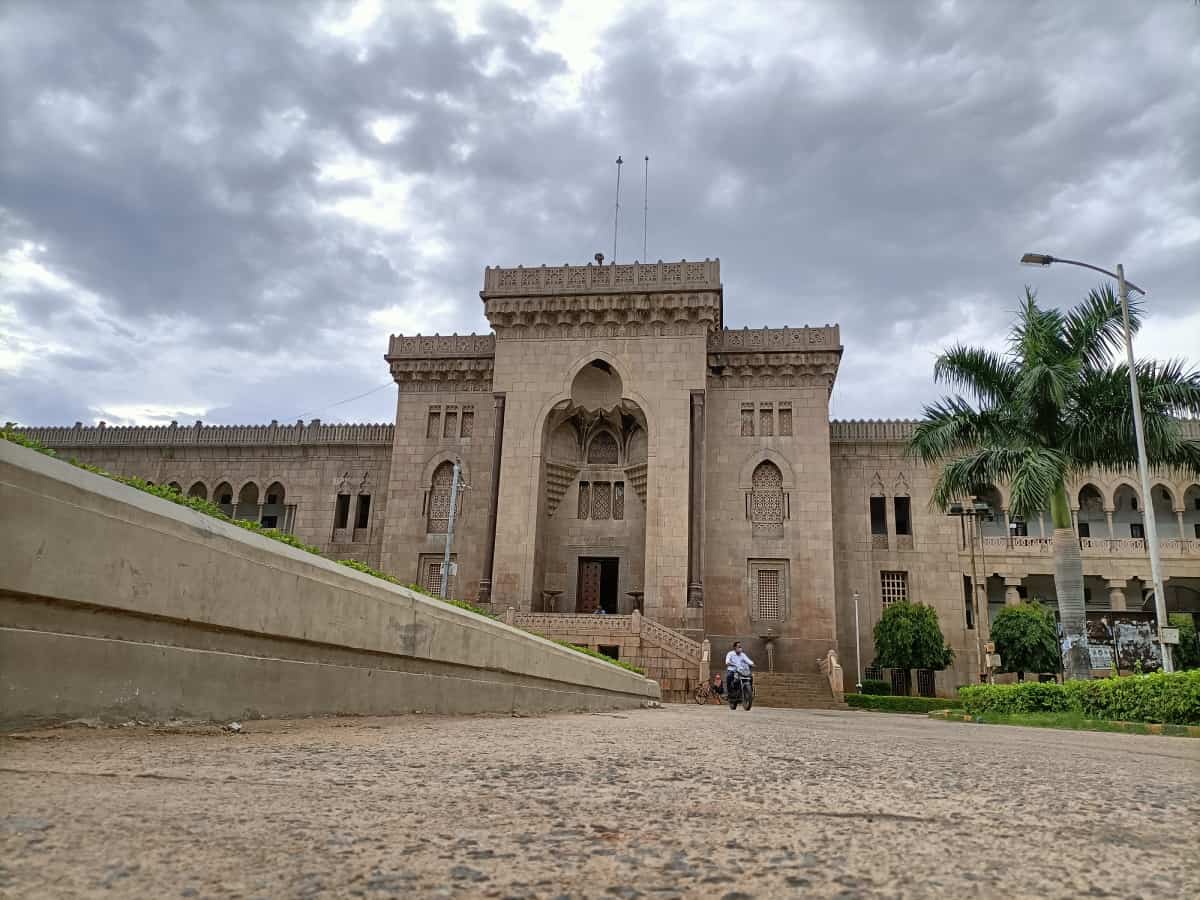
Hyderabad: The All India Federation of University and College Teachers’ Organizations (AIFUCTO) hosted a thought-provoking discussion on Saturday, February 3, at Osmania University’s Arts College in Hyderabad to explore the University Grants Commission’s de-reservation policy proposal.
Speaking at this discussion in Hyderabad, AIFUCTO General Secretary Prof Arun Kumar stated that NEP 2020 is the primary source of the proposal for a de-reservation policy and that the UGC lacks the ability to implement such policies because reservation was granted by the Indian Constitution.
“If observed keenly, we can find the hidden agenda of this de-reservation proposal of abolishing the Indian Constitution and reservation. Digital universities, guest faculty, etc. are for reducing the workforce, where reservations gradually disappear. Students and teachers should come together to protect the reservation policy,” Prof Dr Arun Kumar has said.
The Telangana State Council for Higher Education (TSCHE) Chairman, Prof. Lumpadri, lectured about equality and inclusivity. The debate was facilitated by Telangana Vidhyavanthula Vedika president Dr. Konda Nageswara Rao.
Dr. J. Ratna Prabhakar, vice president of AIFUCTO; Prof C Ganesh, principal of Arts College, University of Hyderabad; Prof Kaseim, head of the Telugu department; Prof Mallesham, vice president of OUTA; and K Mohan of AIFUCTO-AP were among those present at the debate in Hyderabad.
What is the UGC?
In India, the University Grants Commission (UGC) is a government agency responsible for overseeing and upholding standards related to research, examinations, and teaching in universities. The UGC is led by the Ministry of Education and consists of 10 additional members nominated by the Central Government in addition to the chairman and vice chairman.
The UGC advises the government on policies for the advancement of higher education and awards funding to qualified universities. Six regional offices and New Delhi serve as its operating bases. The UGC also controls the acceptance of distant learning centers, autonomous colleges, fraudulent universities, and universities.
What are the UGC draft guidelines?
Draft guidelines for revising reservations in higher education were introduced by the University Grants Commission (UGC). Clarifying current regulations and incorporating revisions from Department of Personnel and Training (DoPT) circulars based on court rulings are the goals of the guidelines.
Several chapters covering de-reservation, faculty post quotas, roster creation, verification of caste claims, and student admissions reservations are included in the proposed rules. The de-reservation chapter drew criticism for implying that reserved academic posts can be dereserved in “exceptional cases” if the relevant university provides sufficient reason.
This was viewed as a danger to the representation and empowerment of marginalized populations in higher education, as well as a breach of the constitutional requirement of reservation.
The Central Educational Institutions (CEI) Act, 2019, which forbids de-reservation of reserved jobs, must be followed to fill all vacancies, as stated by the Ministry of Education and UGC. There were no additional instructions on de-reservations.



